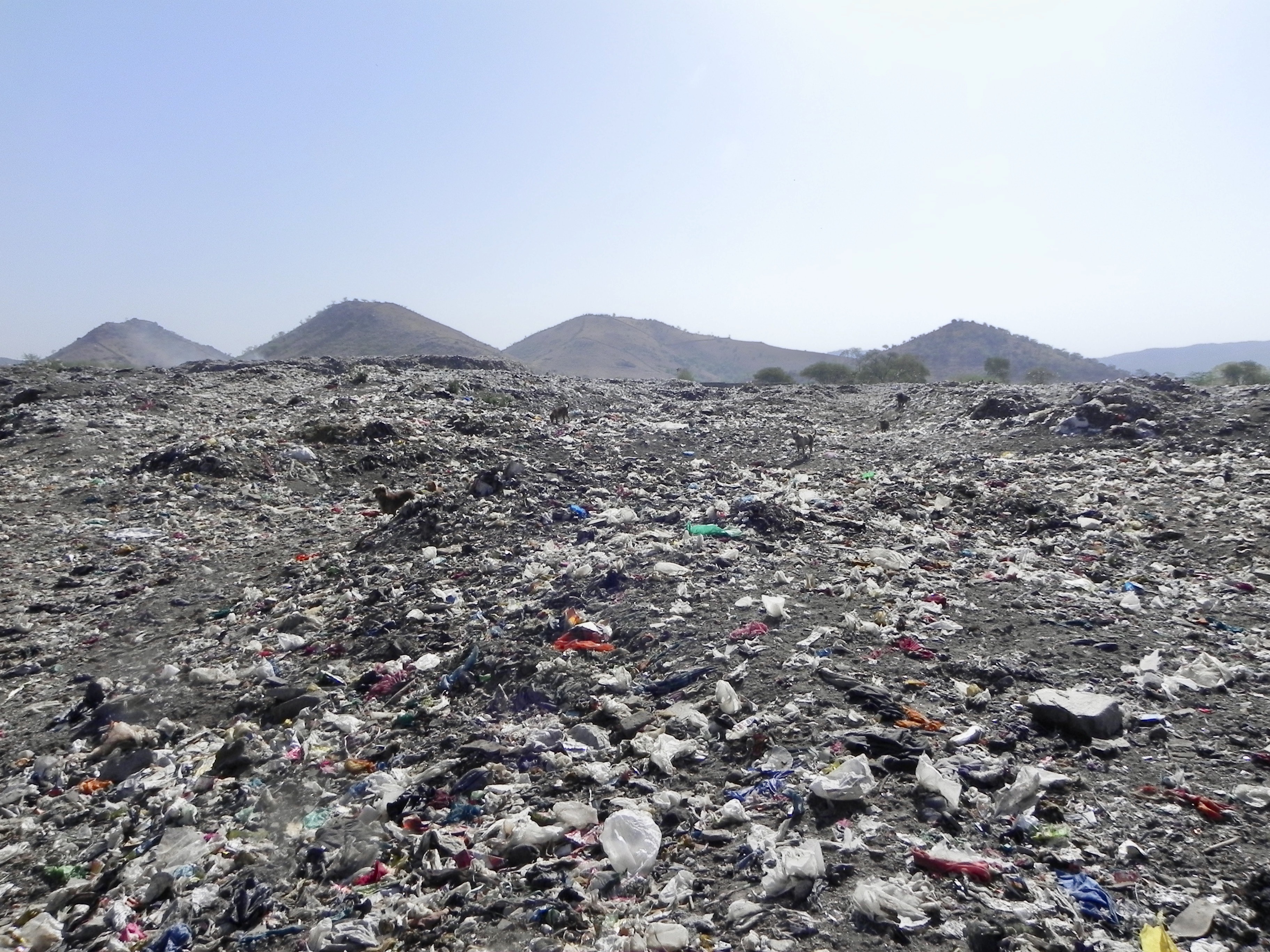Overview
Since the industrial revolution, the world, in particular the global North, has experienced an incredibly rapid growth of industrial production and urbanization, which has created a massive demand for raw materials and energy resources to create and sustain urban centers. This mass consumption of natural resources has brought forth serious consequences, such as climate change, the depletion of natural resources, and waste generation.
However, it is important to note that the consumption of natural resources looks different throughout the world. We’re currently in a situation where 20% of the world’s population, mostly from the Global North, consumes 80% of the world’s resources. In addition to this, global North nations ship their waste overseas to nations in the global South, which exposes communities to toxic chemicals that leach from electronic and solid waste, creating severe health and environmental impacts.
In the current global paradigm, “waste materials have no immediate use, need, value, are economically redundant and the users want its immediate disposal”.
The Resource Conservation and Recovery Act defines the most common waste, solid waste, as any garbage or refuse, sludge from a wastewater treatment plant, water supply treatment plant, or air pollution control facility and other discarded material, resulting from industrial, commercial, mining, and agricultural operations, and from community activities. Solid waste is not limited to waste that is physically solid, it can also be liquid, semi-solid, or contain gaseous material.
Nearly everything we do leaves behind some kind of waste.
Waste sites like transfer stations, materials recovery facilities, incinerators, and landfills all adversely impact local and global communities and systems in land and food, energy and minerals, economics, health, migration, and security or governance leading to the further depletion of the earth.

Source/Credit: Laura Langner - “Landfill” Udaipur, India 2015
This process has been amplified during the anthropocene, where elitist, capitalist, and colonial systems are rapidly diminishing previously efficient and effective earth and Indgineous community symbiotic regenerative systems. Continuing a growth-based extractive economy will only exacerbate the problems we see today, thereby, it is essential to have a global paradigm shift in our approach to natural resource usage and waste.
Waste is nutrients. Waste is precious. We should learn from Nature: Nature doesn’t know ‘waste’. In Nature, one species’ waste is another species’ resource. We ought to begin to re-think of waste as a ‘mislocated resource’ that needs to be recovered.